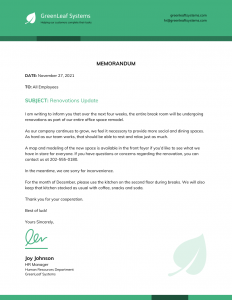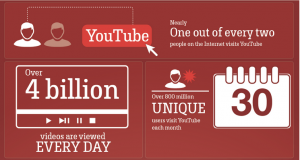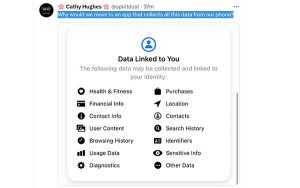
Your resume is a marketing tool, not your life history. Sometimes less is more – but this doesn’t mean you have to cram everything onto one page using slim margins and a tiny font. You want your resume to be readable but focused and engaging. Job seekers often make the mistake of trying to detail everything they’ve ever done in order to impress potential employers and show they can do whatever is necessary. This can lead to your resume being overly verbose and filled with unnecessary information.
Focus on achievements. You can leave off the laundry list of tasks and responsibilities that are expected of everyone. Instead, spend your time crafting clear statements that show what you have accomplished and how you have made a difference. Bullet points should be action- or results-oriented rather than vague sentences that don’t show much about your capabilities.
Nix personal details. There’s no need to include your hobbies or interests, marital status, picture, family details, or other extraneous information. If it doesn’t apply to your job and professional abilities, you don’t need it.
Consolidate. It’s time to pare down jobs you held more than 10-15 years ago. Also, read through each statement and see if you’re using more words than necessary. For example, “in order to” can be replaced with “to.” Space is at a premium, so don’t waste it.
Remember that recruiters (and people in general) have a short attention span. If they look at your resume and it’s filled with blocks of text and is five pages long, chances are, they’re going to pass without giving it a second glance. However, if your resume has short bullet points with metrics and strong action verbs, it’s more likely to catch their attention.
Too much text can also bury the important points you want to highlight. They get lost amongst the details that employers don’t necessarily need to know right now. Your resume should make an employer want to know more about you and how you can benefit their company. You can always elaborate more on your responsibilities from previous jobs in an interview.
A few other ways to practice ‘less is more’ on your resume:
- Leave off actual references and the line “references available upon request.”
- Remove outdated skills and focus on those detailed in the job description.
- Get rid of your high school, your GPA, lists of courses, and class projects unless you’re fresh out of college with little to no professional experience.
- Skip logos, images, and other formatting that can take up space without adding value.
Clean up your resume and make it a clearer reflection of who you are and what you bring to the table.
Business & Finance Articles on Business 2 Community(74)
Report Post







